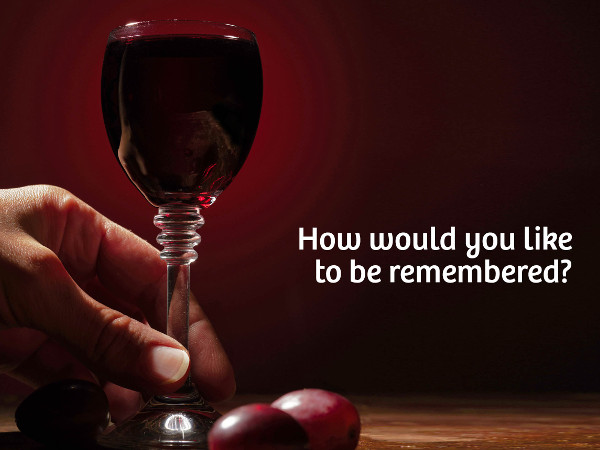 ‘I will not forget you! See, I have engraved you on the palms of my hands.’ Isaiah 49: 15-16
‘I will not forget you! See, I have engraved you on the palms of my hands.’ Isaiah 49: 15-16
God doesn’t have a brain yet we believe God fully remembers us. God’s memory doesn’t simply remember events or facts like some eternal icloud. God exists outside of time and so God’s memory can’t be a recall of history. God’s memory is for the purpose of re-membering; for bringing together what is fragmented. So for us as fallen humanity, it is to be brought back to wholeness. God’s memory is sustenance and action, it is Shalom.
Human memory is so much more than information retrieval because we form and reform our memories through recall. When we remember an important event, we may remember the emotion we felt at the time of that event. The next time we remember the event, we may remember how it felt to remember it the last time. So a process that can be located in the brain (and be described as neurological) also has a clear psychological aspect. In addition to this, other people help us remember all the time, and add their layers of emotion and meaning to our memories. So memory is formed communally too.
As Christians, at the Eucharist, we hear the words of Jesus, ‘Do this in remembrance of me’. This central act of faith is more than a retrospective glance back at the cross as an act in history or an emotional connection with that act. It is an opportunity for us to engage with the power and transforming impact of that act for the present.
As the theologian, John Swinton describes it: To remember Jesus is to bring him and the sacrifices and blessings that he represents into the present and to allow the memorial presence of Jesus to change, challenge, and strengthen us … God’s active memory finds embodiment in the community memory and resurrection.
Whenever we remember as an act of faith, we do so much more than think about linear history: We are seeking to engage in a timeless activity. When we remember together and for one another, our memory is held between individuals and sustained by God. This brings us to the possibility of transformation, especially when we do so with the weak and vulnerable.
To quote Swinton again, If people act towards us in ways that remind us that we are remembered, then we can see, feel, and touch God’s memories in action. As we encounter others, we encounter God…. It is as the church as a living body of remembering friends learns what it is to hold onto and practice the right memories that healing, hope and active remembrance become a practical possibility.
The above reflection draws upon a practical theology of dementia by John Swinton. His explorations of God and memory from a Christian perspective enlivens a broader understanding of remembering. Dementia is the most feared illness in UK, unsurprising given that our society prizes rational thought so highly. In this context, Swinton seeks to acknowledge the suffering at an elemental level, while seeking hope in the midst of deep forgetfulness. Dementia is suffered by the individual, but the illness impacts on a wide circle of people; society is implicated in its definitions, treatment, and acceleration or retardation of progression.
For us at LCI, the theme of memory and remembering has got us reflecting together about loss, grief and how we remember people and communities. It has also led us to thinking about history and continuity; and particularly the legacy of our industrial past; and different stages of public policy and its impact on housing and communities. Further, to thinking of the vulnerable and those who are not remembered due to poverty, stigma or exclusion. And into the present day, thinking of those in Leeds who can’t themselves remember now, people with advanced dementia. As a result, LCI has embarked on a programme of podcasts, pilgrimages and performance; articles, comics and images; workshops lectures and discussions: all on the theme of remembrance.
So how would we like to be remembered? Ultimately, we want to remember and be remembered as part of a faith community in the sustenance and action of God’s memory. An ultimate hope of our thinking and events around memory and remembrance is to participate in living in the memories of God right now with the potential for growth and development that implies.
Helen Reid
Recommended reading:
Swinton, John (2012) Dementia. Living in the Memories of God
Help! We have Dementia by Gaynor Hammond, Leeds Faith in Elderly People

